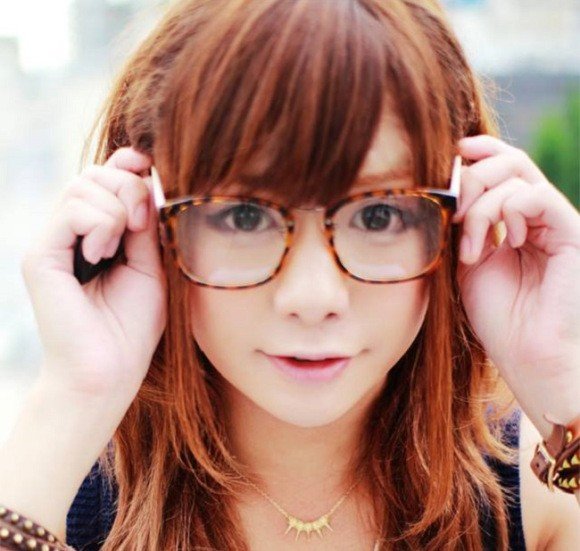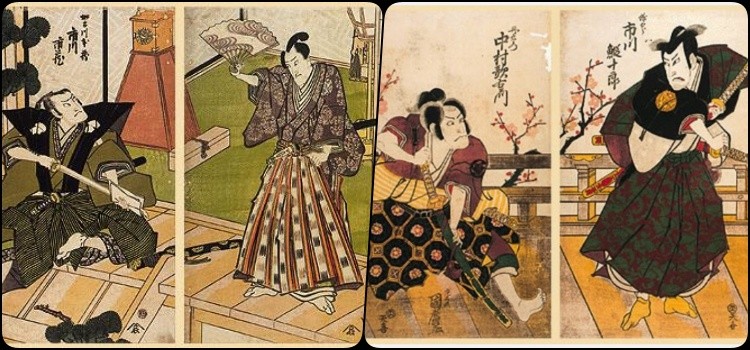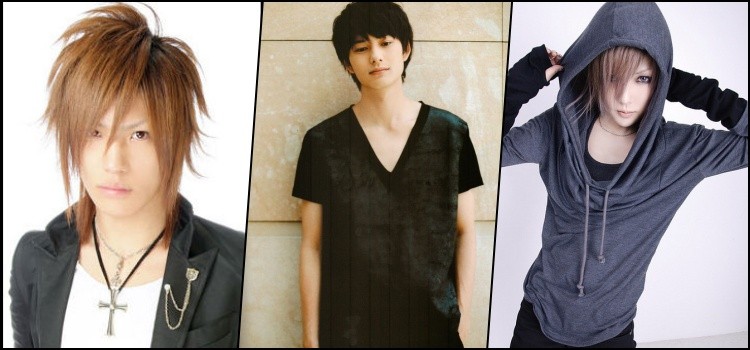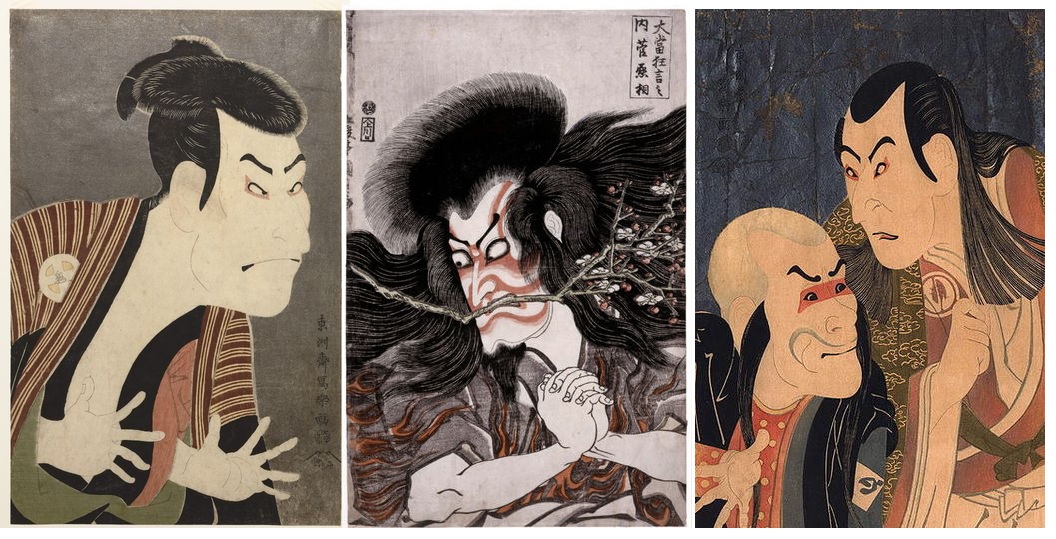A Homosexuality has been a topic of long discussions on the internet and in the media. In recent years homosexuals have managed to enter society and have their rights to be treated with equality and without prejudice. How are gays treated in Japan? Is there prejudice of the Japanese towards homosexuals? What do the media or traditional people think about it?
Remembering that this subject is quite delicate, unfortunately due to lack of knowledge I have already used terms and words that made some furious. I just did a lot of research on the subject in Japan to bring you the information, hope you like it! I am against prejudice! I believe that everyone does what they want with their life, and our obligation is to respect it. Unfortunately respect today has died in some places.

I see a lot of unnecessary bullshit between gay and religious, the bible is clear about homosexuality, there is no reason to try to change that, but she also speaks of free will, love, and respect, things that many religious people are forgetting. It's even hypocritical, since the same biblical text that condemns homosexuality also condemns sex before marriage and adultery, a practice quite common among the general population, and I don't see religious people prejudiced against that. But that is not the theme of the article [Returning...] What is the opinion of Buddhism and Shintoism on this subject? What do the religions that predominate in Japan think about this? Or even the Christians in Japan? These are some of the things we will address in this long article.
Índice de Conteúdo
What does religion in Japan think?
There are no explicit religious prohibitions against homosexuality in Japan's traditional religion. Japan's first religion is the Shintoism, there are no records that approve or condemn the practice, in fact Shinto is quite open and does not dictate how behavior or sexual life should be. In Shintoism, sex precedes the birth of a nation and its people, even the origin of Japan according to Shintoism came from sexual intercourse.
No Buddhism sex is linked to desire, formerly no practicing Buddhist, especially monks and priests, should engage in any type of conduct that involves sex, whether heterosexual or homosexual. In the past, Buddhism considered heterosexual activity to be more offensive, as women were considered contaminants by nature. In fact, there are many historical accounts involving the homosexuality within Buddhism. The isolation of the monasteries likely encouraged the growth of homosexual culture among Buddhist monks and priests.

There was a tradition called wakashudo where samurai make vows of commitment and create a great relationship with their apprentices. Although it is not about sex, historical records clearly show homosexual relationships between samurai, monks and men of high society. This is because within wakashudo the fraternity contract allowed sexual favors as rewards for bushido teachings. This was because the woman was believed to steal energy and divert the warrior's focus.
Lesbianism receives little literary mention, but there are records from the Edo period. Although Buddhism has greatly influenced the homosexual culture in Japan, the Western influence ended up hiding in a way this acceptance that Japan had in the past.
How does Japan view the Homosexuality?
Although acceptance is greater than in other countries, westernization has created a bit of prejudice in Japanese society in general. Japan is much more open to behavior than to practice. We can see this in the sub-cultures of crossdresser and in the general behavior of the Japanese, whether in fashion or personality. There is no strong concept of machismo in Japan, it is perfectly normal for heterosexuals to have customs and behaviors that in Brazil would be seen as feminine or homosexual.
Gay marriage is not yet allowed in all of Japan, only in Shibuya district, Tokyo (2017), but Japan accepts foreign gay marriage. Sexual orientation is not protected under national civil rights laws, which means that LGBT (lesbian, gay, bisexual and transgender) Japanese have no legal recourse when facing such discrimination in areas such as employment, education, housing, healthcare and banking. .

The Japanese have no problem with homosexuality because not even the heterosexual couples demonstrate a lot of feelings in public. Being reserved is part of Japanese culture, while in the West many homosexuals stand out, the Japanese remain reserved, with few knowing each person's sexual orientation, and their behavior does not highlight or define it.
In Japan, those who stand out for being different from society's parameters are subject to criticism, social exclusion and discrimination. Not because the person is homosexual, but simply because they are different. This is quite strange, because Japan is known for having the most different and unique people in the world, whether in personality, fashion, customs, etc. If on the one hand some are critical, others don't care or interfere in people's lives, they find different things interesting. We can assimilate some things about homosexual prejudice with Prejudice against foreigners in Japan.

Homosexuality in Japanese Media
Since the past, the Japanese have shown that they do not care about people's sexual orientation or behavior. It's not just about historical records, monks and samurai, even within art, the Kabuki Theater stands out with men playing dramatic roles of women, with dance and music.
Currently in anime and manga, we always find characters who appear to be homosexual, often this is not specified exactly because relationships are treated slowly in anime. In addition, there are several works of manga, novels, and homosexual anime that stand out in Japan and the world, such as Yaoi and Yuri.
Anime characters often appear dressed as women both for comic relief and to show a subculture of people who like to dress up as women, not necessarily people with same-sex attractions. These characters are usually called trap and femboy.
Some corporate positions in Japan are preferable to married people, which makes most Japanese people try to get married before age 30. This is another difficulty gay men may face when trying to get a high position in a particular job.
Japan is a great option for those who want to live naturally or are afraid of being discriminated against, as there is no concept of how each person should act. What is your opinion on this matter?
The article is still halfway through, but we recommend also reading:
Is there homophobia in Japan?
Although the article clearly answers this question talking in detail about how Japan views homosexuality, I also want to leave a video of my friend Caipira in Japan that addresses a little bit of this subject:







